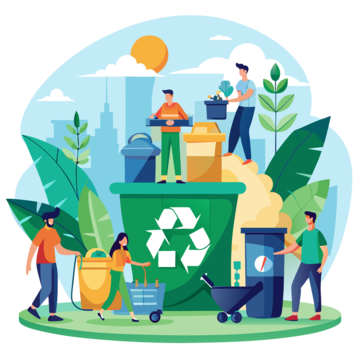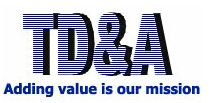1. What is GRS?
GRS stands for Global Recycled Standard, a voluntary international certification developed and managed by Textile Exchange (USA). GRS is designed to verify:
- The percentage of recycled content in a product;
- The Chain of Custody from input materials to the final product;
- Environmentally and socially responsible manufacturing practices;
- The use and control of chemicals throughout the production process.
GRS is not only a certification for “recycling” but also a comprehensive sustainability standard that supports environmental protection and workers’ rights.
2. History of the Global Recycled Standard (GRS)
The Global Recycled Standard (GRS) was originally developed by Control Union Certifications in 2008 and ownership was transferred to Textile Exchange on January 1, 2011. GRS is a complete, voluntary international product standard that requires third-party certification of recycled content, chain of custody, social and environmental practices, and chemical restrictions.
In early 2012, Textile Exchange began revising the standard to make it more relevant and aligned with new industry requirements. An International Working Group (IWG) of certification bodies was formed to revise the standard. IWG members included certification experts from Control Union, ICEA, IMO, Intertek, and SCS Global Services. A broader stakeholder group, including retailers, brands, suppliers, and other industry members, reviewed the standard to ensure it remained a useful and relevant tool for industry use.
Textile Exchange also owns and manages several other standards including the Content Claim Standard (CCS), Recycled Claim Standard (RCS), Organic Content Standard (OCS), and Responsible Down Standard (RDS). These standards are designed to ensure chain of custody for preferred materials and provide labeling tools for final product claims.
3. Purpose of GRS
- Increase transparency in the supply chain for recycled products;
- Ensure products are genuinely made from recycled materials;
- Minimize negative environmental and social impacts;
- Promote sustainable production and consumption habits.
4. Key Requirements of GRS
4.1. Recycled Materials
- Products must contain at least 20% recycled content to be GRS certified;
- To use the GRS label on products, the recycled content must reach a minimum of 50%.
4.2. Chain of Custody
- Implement the Content Claim Standard (CCS) system to ensure recycled content is tracked from input to final product;
- All entities involved in the supply chain must be GRS certified.
4.3. Social Responsibility
- Prohibit forced labor and child labor;
- Ensure safe working conditions and non-discrimination;
- Comply with International Labour Organization (ILO) conventions.
4.4. Environmental Protection
- Monitor and manage wastewater, emissions, and solid waste;
- Manage energy and resource use, with a plan to reduce environmental impacts;
- Ensure eco-friendly production processes.
4.5. Chemical Management
- Prohibit hazardous chemicals listed by GRS;
- Encourage the use of safe, eco-friendly chemicals for both the environment and end-users;
- Maintain clear documentation and evidence of chemical usage and control.
5. Benefits of Implementing GRS
- Environmental Commitment: GRS demonstrates transparency and responsibility in environmental practices;
- Market Expansion: GRS certification provides a competitive edge in accessing international customers and partners;
- Improved Management: Helps businesses enhance their production systems, quality control, and risk management;
- Brand Reputation: GRS-certified companies are often favored in bidding, partnerships, and global supply chains.
6. Who Should Apply for GRS?
GRS is not merely a recycling certification—it is a powerful statement of commitment to responsible and comprehensive production practices. If you are a manufacturer, supplier, or brand aiming to grow sustainably and expand into international markets, obtaining GRS certification is a strategic step forward.
GRS can be applied to all companies involved in the production or trade of GRS-certified products, especially:
- Producers of recycled materials (e.g., recycled polyester, recycled cotton);
- Manufacturers of textiles, packaging, plastic goods, furniture, and footwear;
- Fashion and consumer brands looking to demonstrate their sustainability commitment;
- Exporters targeting markets with strict recycling transparency requirements such as the EU, USA, and Japan.


